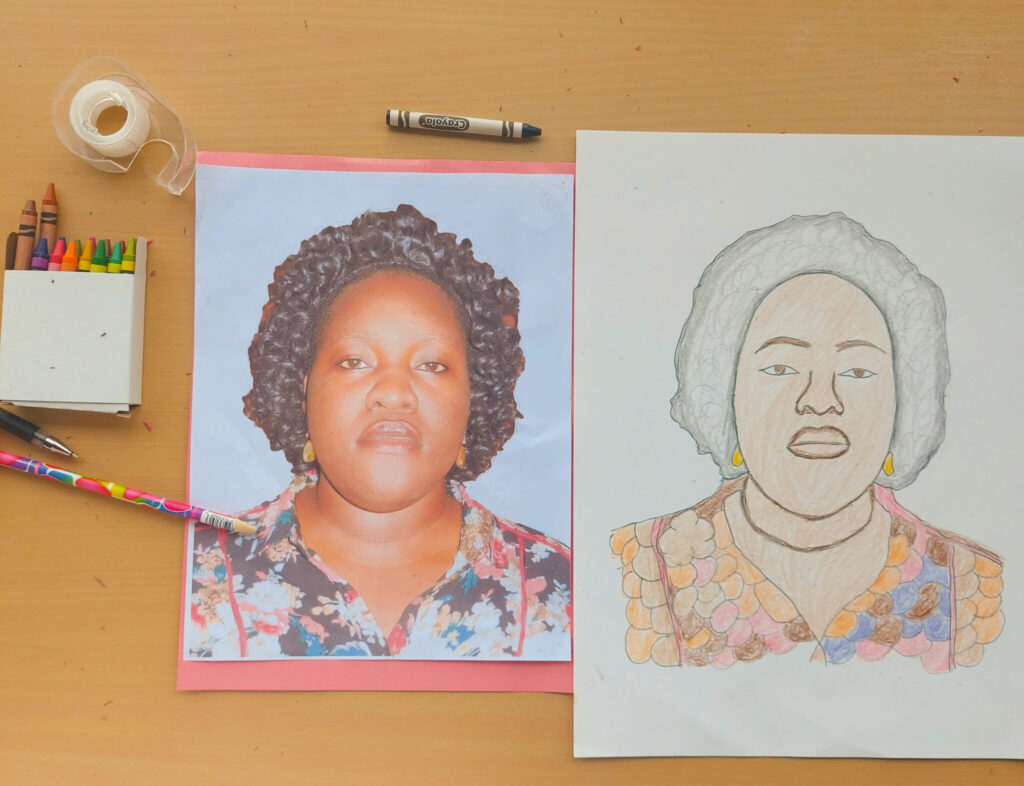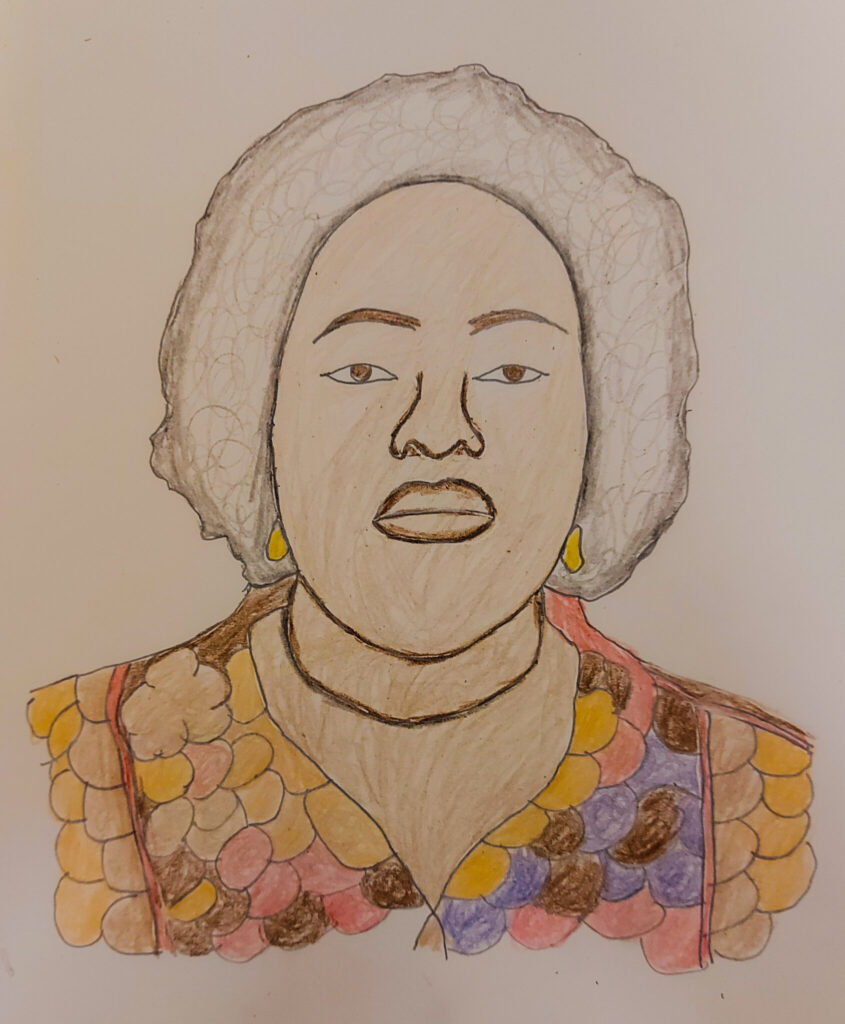Prof. Hollis Glaser
GWS 100-1300
Discussion 14
I admire Alexandra Ocasio for establishing herself as a volunteer organizer for Bernie Sanders in the Bronx, learning electoral tactics and activism, and dedicating her life to public service. The first woman of color to defeat incumbent Joe Crowley in her first congressional campaign, she refused to accept corporate contributions and deliberate about the change for the marginalized people Alexandra is very concerned about climate change, reducing air and water pollution, and combating the country’s intertwined economic and racial disparities. Her campaign was entirely supported by volunteers and donations from the general public. Additionally, Paula Jean ran against Senator Joe Manchin to combat the coal industry’s demonization affecting peole in the community.
Furthermore, the Roe v. Wade abortion right is about to be overturned, effectively eliminating women’s authority over their own bodies and resulting in little or no access to abortion in society. People forget that women’s rights are human rights, and it should be illegal for a law to dictate what I should do or say about my own body, whether publicly or privately. This type of law is biased because the government only thinks for itself as it assumed power. The consequences of voting against abortion rights cannot be quantified because it will limit access to education and job/employment possibilities contributing to societal income inequality.








